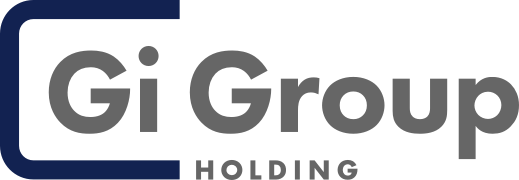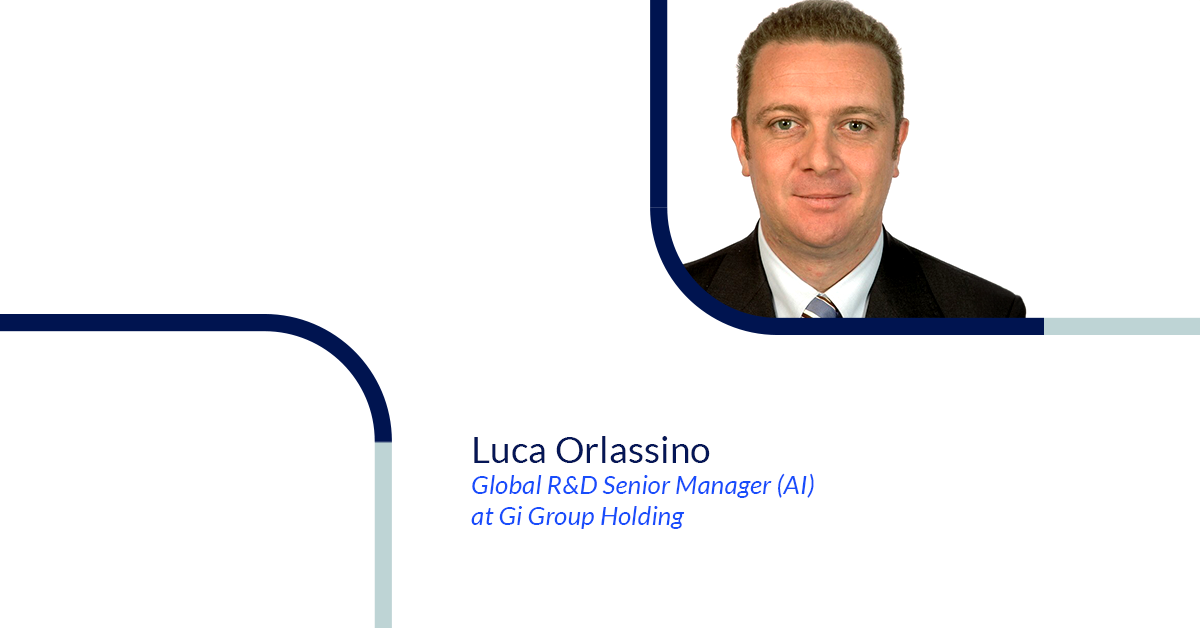From Talent Acquisition to New Skills Access: Enabling Employee Growth

Enza Artino – Global Talent Management & Employer Branding Senior Manager at Gi Group Holding discusses what businesses need to do to keep top talent engaged
Today’s job market is one where job seekers, especially those representing highly-skilled talent, have the upper hand. In various sectors, there is such a big labour crunch: so much so that companies know they need to boost their value proposition when attracting new hires, but at the same time they need to deliver a good employee growth programme that keeps their best workers engaged, involved and committed. The acquisition process in many ways no longer stops at hiring and training through onboarding. Today, we live in an age of perpetual acquisition. Businesses need to keep employees wanting the job well beyond initial probation periods and the first few years of work. Otherwise, they lose out and the best talent moves on.
Enza Artino, Global Talent Management & Employer Branding Senior Manager at Gi Group Holding explains,
One of the main reasons employees decide to stay in a company is the opportunity to develop their competences and career based on their own specific ambitions. Offering internal job opportunities, skills and career development initiatives, and training programmes is a win-win solution for any forward-looking organisation. This approach certainly has an impact on a company’s talent acquisition strategy. But this requires changes to how a business plans its investments in internal and external search and selection. A company must constantly update its long-term priorities for its hiring plans: including new roles and replacements.
The teams at Gi Group Holding, as an organisation highly aware of how the perpetual acquisition trend is playing out, very much value engagement approaches focused on continuous learning. This involves cultivating a growth mindset in individual employees and helping them identify and align with a higher purpose for their work activities. Gi Group Holding team leaders help them understand how they can #changelives for the better through their interactions with candidates and clients. Plus, HR managers commit to planning development opportunities so that team members can access them for making both horizontal (lateral) and vertical career movements. Gi Group Holding team leaders make these moves possible through constant monitoring of skills needs and flagging areas where individual employees can thrive. “Role-competence models are important for helping workers grow and evolve. They give both sides (employees and employer organisations) a clear, transparent picture of mutual expectations. Employees know what soft and hard skills they need in order to move forward, and the organisation can use these modelling tools to map and develop internal talent pools for future recruitment needs,” adds Enza Artino.
Traditionally, in organisations, company headquarters and local HR departments, especially those focusing on talent management areas, take on accountability both for communicating expectations for competence levels for specific roles and for sharing internal job opportunities with all employees. However, alongside the upper-level teams, direct managers play a strategic role: they coach their team members to help them be productive and, above all, direct managers help create a culture of proactivity and valuing or understanding of self-worth. Good managers understand that it is important to support team members growth in areas where they can deliver the best value for the organisation. They do not create obstacles to employees’ career advancement, for they know their best and highest performers can, and should, grow into roles where they can do amazing things for the business. Ultimately, the main objective is for leaders across all levels to support growth-minded talent acquisition and continued skills development.
As markets evolve, so does the need to develop new competences and skills for both current employees as well as job seekers. This development process means ensuring that current employee competences advance to higher levels, while employees strive at the same time to acquire new skills. Nowadays, cross-functional roles and transversal competences (the most common one being project management) are required. Organisations need to develop hybrid roles where team members gain the capacity to understand different functional and technical languages. Companies need flexible people with a wider scope of competences to facilitate cooperation among functions and areas of expertise. In this context, HR and management teams must work together to keep pace with innovation, globalisation, digitalisation and other important trends impacting labour markets,
explains Enza Artino.
Much of today’s skills development requires that businesses focus more on the care aspect of company people development programmes. This means providing employees with meaningful experiences and transparent feedback. Gi Group Holding teams have noted that when people are aware of career mobility possibilities, they are keener to take responsibility for adapting to, and supporting, change. A recent company survey of candidates for roles at Gi Group Holding, done across 12 countries, showed that career advancement and merit recognition are two things job applicants value most when looking at potential employers. That is why leadership teams at Gi Group Holding work to make sure company assessment processes meet both candidate and employee expectations. Constant focus on information sharing is critical in this space. Thus, company teams commit to continual feedback on both short- and long-term goals. The information acquired from these on-going conversations also helps fine-tune planning for career advancement from within the company and flag situations where external recruitment is the order of the day. “Even if the labour market is not getting rid of the proverbial ladder for career advancement, agile leadership and hybrid roles are contributing to more frequent horizontal moves. These are replacing the more traditional diagonal upward progression. Mind you, vertical growth remains an option for some employees. However, for team members who are interested, there are plenty of opportunities to explore and learn similar roles with the same level of responsibility. It is always a matter of competences, openness to learning and changing, as well as employee proactivity and willingness to challenge oneself,” clarifies Enza Artino.
In today’s employment structures, for candidates in particular, every touch point with a business says something about the company itself. It is very important to be consistent when sharing corporate values and to create a work environment characterised by trust. Candidates increasingly choose their employers before sending their application. This is why employer branding is becoming more and more strategic. It allows a company to share its corporate culture in advance; including details on growth opportunities and career advancement processes. Part of this values communication also involves brand perception and how that attracts candidates to apply for jobs, and for employees to want to stay, with the organisation. “Brand reputation is key to attracting candidates. A structured brand ambassador program can help draw in the specific candidates a business is looking for. In many cases, peer-to-peer feedback can be more powerful than any job advertisement. In Gi Group Holding we have a clear strategy both for employer branding and talent access. This allows us to be competitive on the market while attracting new talent and engaging employees,” emphasises Enza Artino.
Because of this higher degree of candidate scrutiny, modern organisations need to think about and put in place a “complete talent management strategy.” It is no longer convenient to process the employee experience and growth possibilities across separate siloes: employer branding, talent acquisition, people development, and internal mobility. All of these processes must have a common goal and approach. At Gi Group Holding, Talent Management teams begin with company values and the employee value proposition. They care for people, both candidates and employees, and offer them unique, custom-designed opportunities (in pre-onboarding, onboarding, skills and professional development and career advancement). As an organisation, the company strives to balance employee interests with what is good for the business, and this is based on having the right people in the right place to work toward common organisational goals. Being authentic and consistent in sharing corporate values and behaving according to them, including offering career mobility and development initiatives, means team leaders cultivate trust from the very start of the employment journey: between talent acquisition specialists and candidates and among employees, their direct managers and the HR function. Ultimately, the whole process revolves around the people who make up organisations. If people evolve in ways that contribute to their personal satisfaction and the purpose of contributing to higher mission, then organisations thrive.





